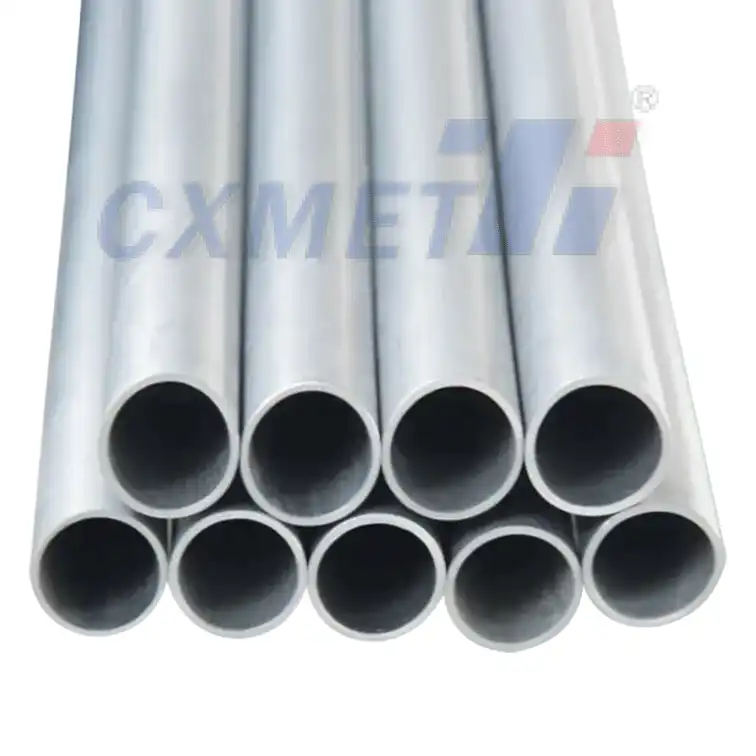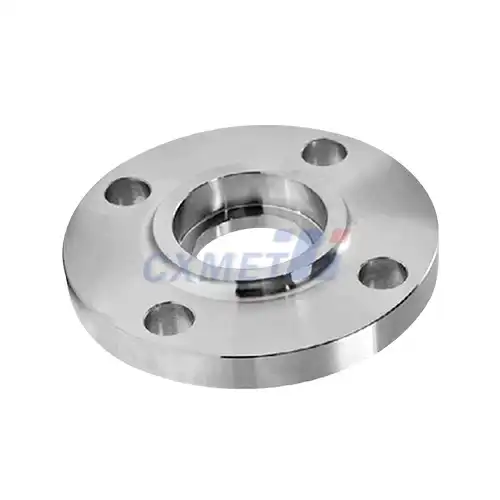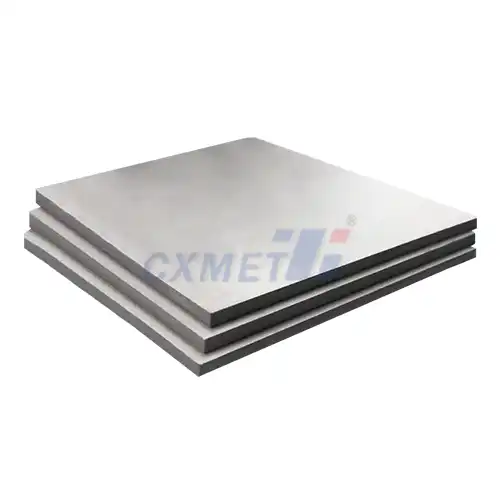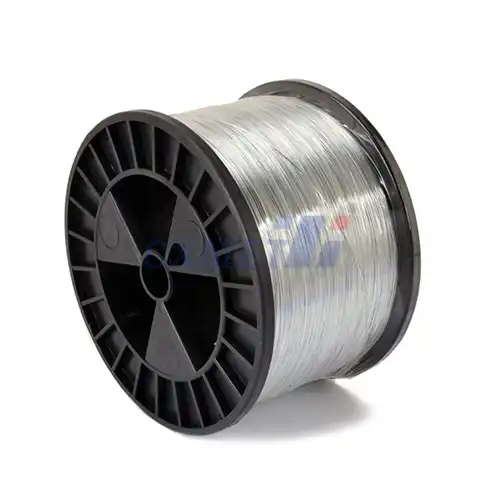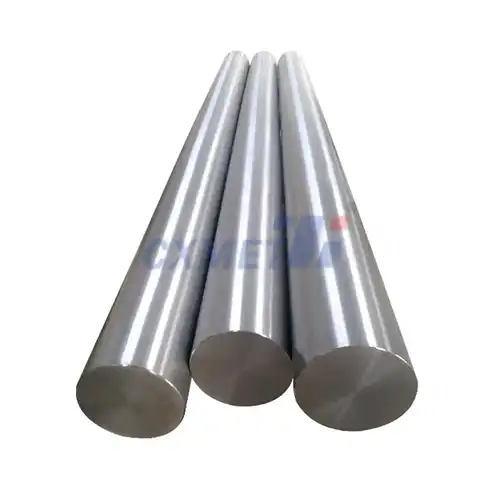- English
- French
- German
- Portuguese
- Spanish
- Russian
- Japanese
- Korean
- Arabic
- Greek
- German
- Turkish
- Italian
- Danish
- Romanian
- Indonesian
- Czech
- Afrikaans
- Swedish
- Polish
- Basque
- Catalan
- Esperanto
- Hindi
- Lao
- Albanian
- Amharic
- Armenian
- Azerbaijani
- Belarusian
- Bengali
- Bosnian
- Bulgarian
- Cebuano
- Chichewa
- Corsican
- Croatian
- Dutch
- Estonian
- Filipino
- Finnish
- Frisian
- Galician
- Georgian
- Gujarati
- Haitian
- Hausa
- Hawaiian
- Hebrew
- Hmong
- Hungarian
- Icelandic
- Igbo
- Javanese
- Kannada
- Kazakh
- Khmer
- Kurdish
- Kyrgyz
- Latin
- Latvian
- Lithuanian
- Luxembou..
- Macedonian
- Malagasy
- Malay
- Malayalam
- Maltese
- Maori
- Marathi
- Mongolian
- Burmese
- Nepali
- Norwegian
- Pashto
- Persian
- Punjabi
- Serbian
- Sesotho
- Sinhala
- Slovak
- Slovenian
- Somali
- Samoan
- Scots Gaelic
- Shona
- Sindhi
- Sundanese
- Swahili
- Tajik
- Tamil
- Telugu
- Thai
- Ukrainian
- Urdu
- Uzbek
- Vietnamese
- Welsh
- Xhosa
- Yiddish
- Yoruba
- Zulu
What Industries Use Customized CNC Titanium Parts?
2025-02-28 10:24:41
Customized CNC titanium parts have become increasingly popular across various industries due to their exceptional strength-to-weight ratio, corrosion resistance, and biocompatibility. These parts are manufactured using Computer Numerical Control (CNC) machining, which allows for precise and complex designs to be produced with high accuracy. As a result, many industries have embraced the use of customized CNC titanium parts to enhance their products and processes. In this blog post, we'll explore the diverse applications of these parts and the industries that benefit most from their unique properties.
|
|
|
How are CNC titanium parts used in the aerospace industry?
The aerospace industry is one of the primary beneficiaries of customized CNC titanium parts. These components play a crucial role in various aspects of aircraft and spacecraft construction, contributing to improved performance, fuel efficiency, and overall safety. Here are some key applications of CNC titanium parts in the aerospace sector:
- Structural components: Titanium's high strength-to-weight ratio makes it ideal for creating lightweight yet durable structural elements such as wing spars, fuselage frames, and engine mounts. These parts help reduce the overall weight of the aircraft while maintaining its structural integrity.
- Engine components: CNC titanium parts are extensively used in aircraft engines, including compressor blades, turbine discs, and exhaust systems. The material's heat resistance and strength allow these components to withstand the extreme temperatures and pressures encountered during flight.
- Landing gear: Titanium's excellent strength and corrosion resistance make it suitable for manufacturing landing gear components, including struts, actuators, and hydraulic fittings. These parts must withstand high loads and harsh environmental conditions.
- Fasteners and connectors: Customized CNC titanium fasteners, bolts, and connectors are used throughout aircraft assemblies due to their lightweight properties and resistance to fatigue and corrosion.
- Satellite components: In the space industry, titanium parts are used in satellite structures, propulsion systems, and solar panel frames due to their ability to withstand the harsh conditions of space.
The aerospace industry's reliance on CNC titanium parts has led to significant advancements in aircraft design and performance. By utilizing these components, manufacturers can create lighter, more fuel-efficient aircraft that can withstand the rigors of flight while maintaining the highest safety standards.
|
|
|
What role do CNC titanium parts play in the medical industry?
The medical industry has embraced customized CNC titanium parts for their biocompatibility, corrosion resistance, and ability to integrate with human tissue. These properties make titanium an excellent choice for a wide range of medical applications, including:
- Implants and prosthetics: CNC titanium parts are widely used in the production of various implants, such as hip and knee replacements, dental implants, and spinal fusion devices. The material's biocompatibility ensures that the body does not reject the implant, while its strength allows for long-lasting performance.
- Surgical instruments: Titanium's lightweight nature and durability make it ideal for manufacturing surgical tools and instruments. These include scalpels, forceps, retractors, and bone saws, which benefit from the material's corrosion resistance and ability to maintain a sharp edge.
- Custom medical devices: CNC machining allows for the creation of patient-specific medical devices, such as cranial plates, maxillofacial implants, and custom joint replacements. These tailored solutions improve patient outcomes by providing a perfect fit and reducing the risk of complications.
- Cardiovascular devices: Titanium is used in the production of heart valves, pacemaker casings, and stents due to its biocompatibility and resistance to bodily fluids.
- Orthopedic fixtures: Bone plates, screws, and pins used in orthopedic surgeries are often made from titanium due to its strength, lightweight properties, and ability to promote bone growth and healing.
The use of CNC titanium parts in the medical industry has revolutionized patient care by enabling the production of highly customized, long-lasting, and biocompatible medical devices and implants. This has led to improved surgical outcomes, faster recovery times, and enhanced quality of life for patients across various medical specialties.
How are CNC titanium parts utilized in the automotive industry?
The automotive industry has increasingly turned to customized CNC titanium parts to enhance vehicle performance, fuel efficiency, and durability. While titanium is not as widely used in mass-produced vehicles due to its higher cost compared to steel or aluminum, it finds significant applications in high-performance and luxury automobiles. Here are some key areas where CNC titanium parts are utilized in the automotive sector:
- Engine components: Titanium's high strength-to-weight ratio and heat resistance make it ideal for manufacturing engine parts such as connecting rods, valves, and valve springs. These components can withstand high temperatures and pressures while reducing overall engine weight.
- Exhaust systems: High-performance vehicles often feature titanium exhaust systems, including headers, mufflers, and tailpipes. These parts offer significant weight reduction compared to traditional steel systems while providing excellent heat dissipation and corrosion resistance.
- Suspension components: CNC titanium parts are used in performance-oriented suspension systems, including coil springs, shock absorber components, and anti-roll bars. The material's strength and lightweight properties contribute to improved handling and reduced unsprung weight.
- Drivetrain components: Titanium is used in the production of lightweight drivetrain parts such as drive shafts, gear shifters, and differential housings, particularly in racing applications where weight reduction is critical.
- Brake systems: High-performance brake components, including caliper pistons and pad backing plates, can be manufactured using CNC titanium parts to reduce weight and improve heat dissipation.
- Body and chassis components: In luxury and high-performance vehicles, titanium may be used for body panels, roll cages, and structural reinforcements to reduce weight while maintaining strength and rigidity.
The use of CNC titanium parts in the automotive industry has enabled manufacturers to push the boundaries of vehicle performance and efficiency. By incorporating these lightweight yet strong components, automakers can create vehicles with improved power-to-weight ratios, better fuel economy, and enhanced driving dynamics. Additionally, the corrosion resistance of titanium makes it an attractive option for components exposed to harsh environmental conditions, ensuring longevity and reliability.
In conclusion, customized CNC titanium parts have found widespread applications across various industries, with aerospace, medical, and automotive sectors being among the primary beneficiaries. The unique properties of titanium, combined with the precision and flexibility of CNC machining, have enabled manufacturers to create innovative, high-performance components that contribute to advancements in their respective fields. As technology continues to evolve and new applications emerge, the demand for customized CNC titanium parts is likely to grow, further expanding their use across industries and driving innovation in product design and manufacturing processes.
At SHAANXI CXMET TECHNOLOGY CO., LTD, we take pride in our extensive product range, which caters to diverse customer needs. Our company is equipped with outstanding production and processing capabilities, ensuring the high quality and precision of our products. We are committed to innovation and continuously strive to develop new products, keeping us at the forefront of our industry. With leading technological development capabilities, we are able to adapt and evolve in a rapidly changing market. Furthermore, we offer customized solutions to meet the specific requirements of our clients. If you are interested in our products or wish to learn more about the intricate details of our offerings, please do not hesitate to contact us at sales@cxmet.com. Our team is always ready to assist you.
|
|
|
|
References:
- Aerospace Manufacturing and Design. (2021). "Titanium in Aerospace Applications."
- Medical Device and Diagnostic Industry. (2020). "The Role of Titanium in Medical Devices."
- SAE International. (2019). "Titanium Applications in Automotive Industry."
- Journal of Materials Engineering and Performance. (2018). "Advances in CNC Machining of Titanium Alloys."
- American Society for Metals. (2017). "Titanium and Titanium Alloys: Fundamentals and Applications."
- International Journal of Machine Tools and Manufacture. (2016). "CNC Machining of Titanium Alloys: A Review."
- Journal of Biomedical Materials Research. (2015). "Titanium for Medical Applications: An Overview."
- Materials Science and Engineering: A. (2014). "Properties and Applications of Titanium Alloys: A Brief Review."
- Advances in Materials Science and Engineering. (2013). "Recent Developments in the Application of Titanium Alloys in Aerospace Industry."
- Journal of Materials Processing Technology. (2012). "CNC Machining of Titanium: Challenges and Opportunities."







